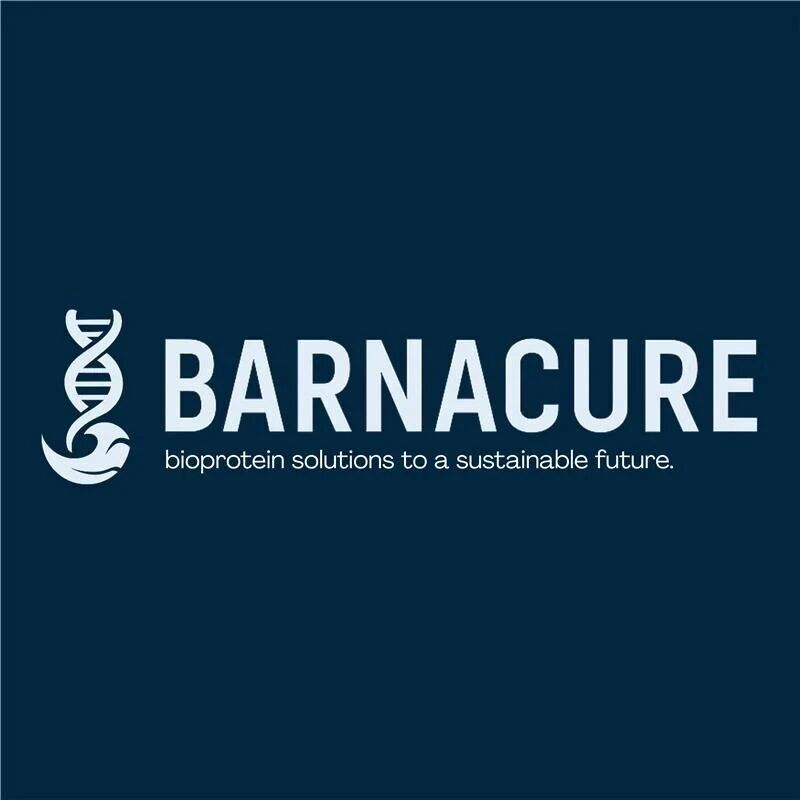IB Fellowship | Life-changing pupil projects
Alongside the IB Scholars’ Programme is the IB Fellowship, another element of the College’s overall efforts to give sixth formers the chance to discover their potential during these two years that conclude their time in secondary education.
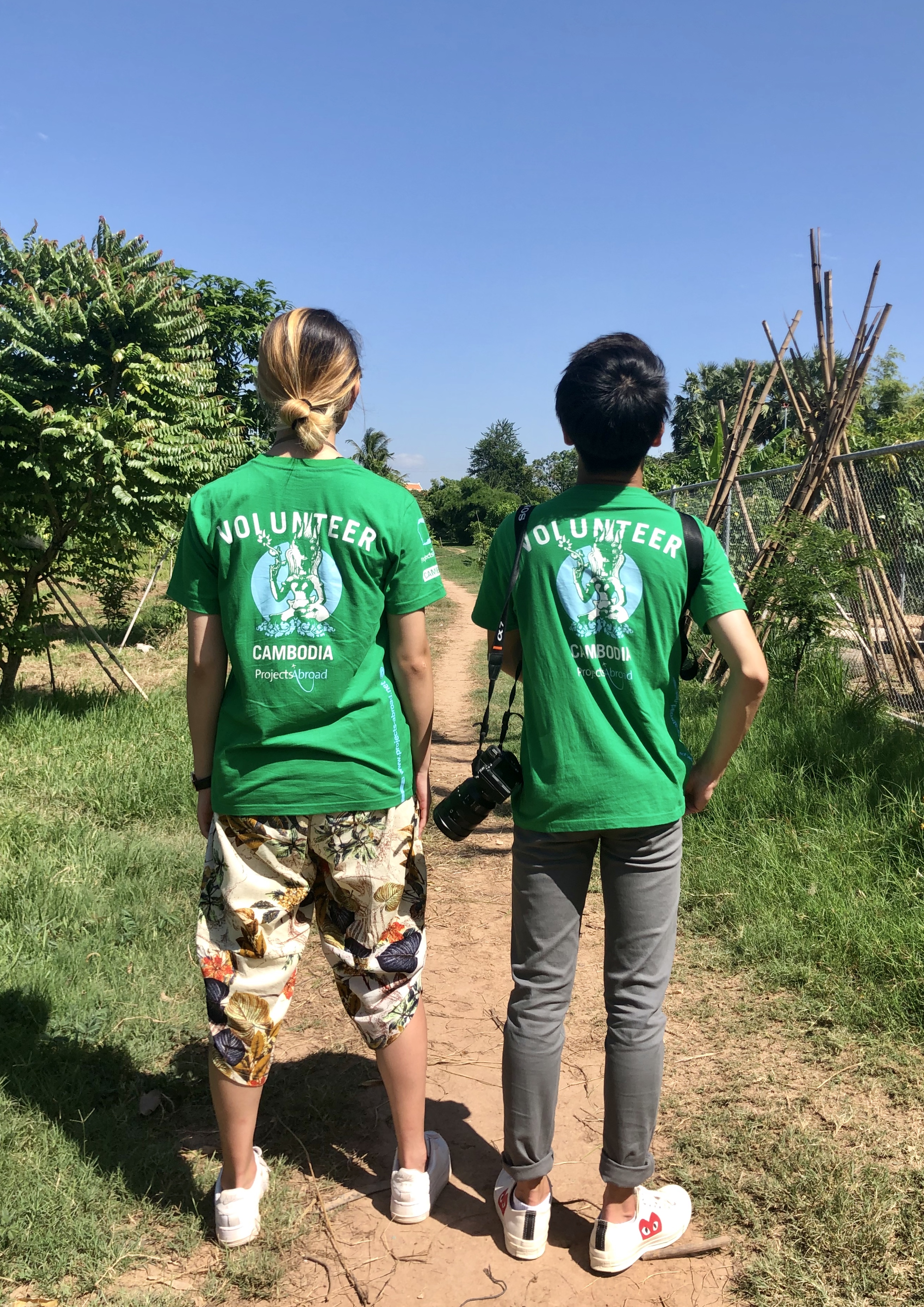
The IB Fellowship is an opportunity given to select projects put forth by incoming IB pupils. For those successful in their applications, it is a chance to gain the funding and support necessary to carry out a projects of great personal significance, leading to potentially life-altering experiences. Each fellowship application is reviewed on its own merits, though it must satisfy the following criteria:
- The project must be inherently meaningful to the applicant – it must be based on an ambition or cause dear to their heart.
- The project must be designed to embody some, or preferably all, of the Wellington Values.
- The project goal must be to benefit others – whether it be people, animals, the environment, or the long-term health of global society.
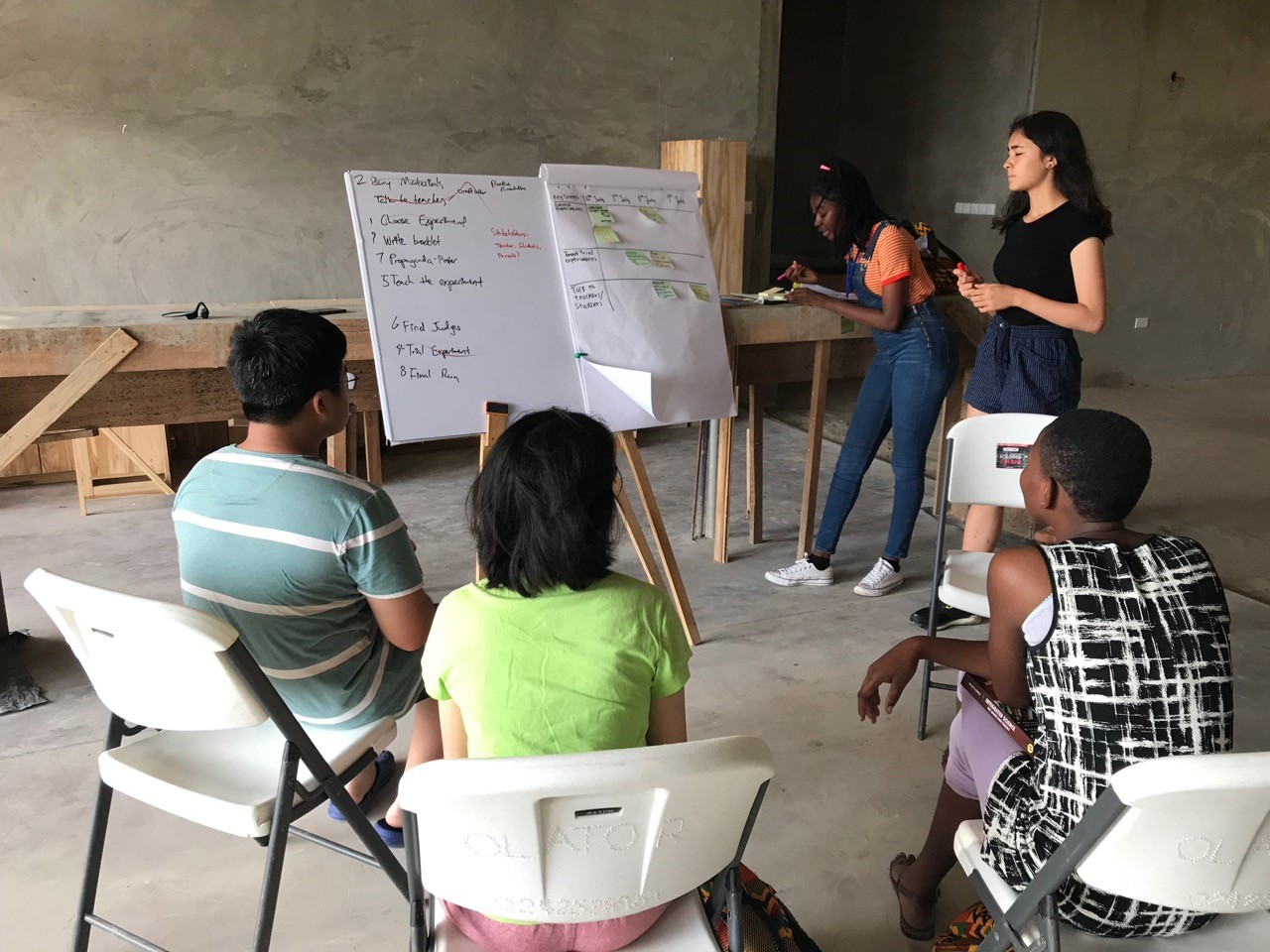
What does a typical IB Fellowship project look like?
Crucially, there is nothing typical about them, as each project is unique, like each applicant who took their idea and turned it into a viable presentation. To better demonstrate this, I will let our recent IB Fellows speak for themselves.The following testimonies are from our 2020 leavers who have completed their IB Fellowship projects and a few words from those pupils who have been successful in their applications and are now launching into their own projects. To the IB Fellows past and present, congratulations and good luck.
2019-2020 IB Fellows
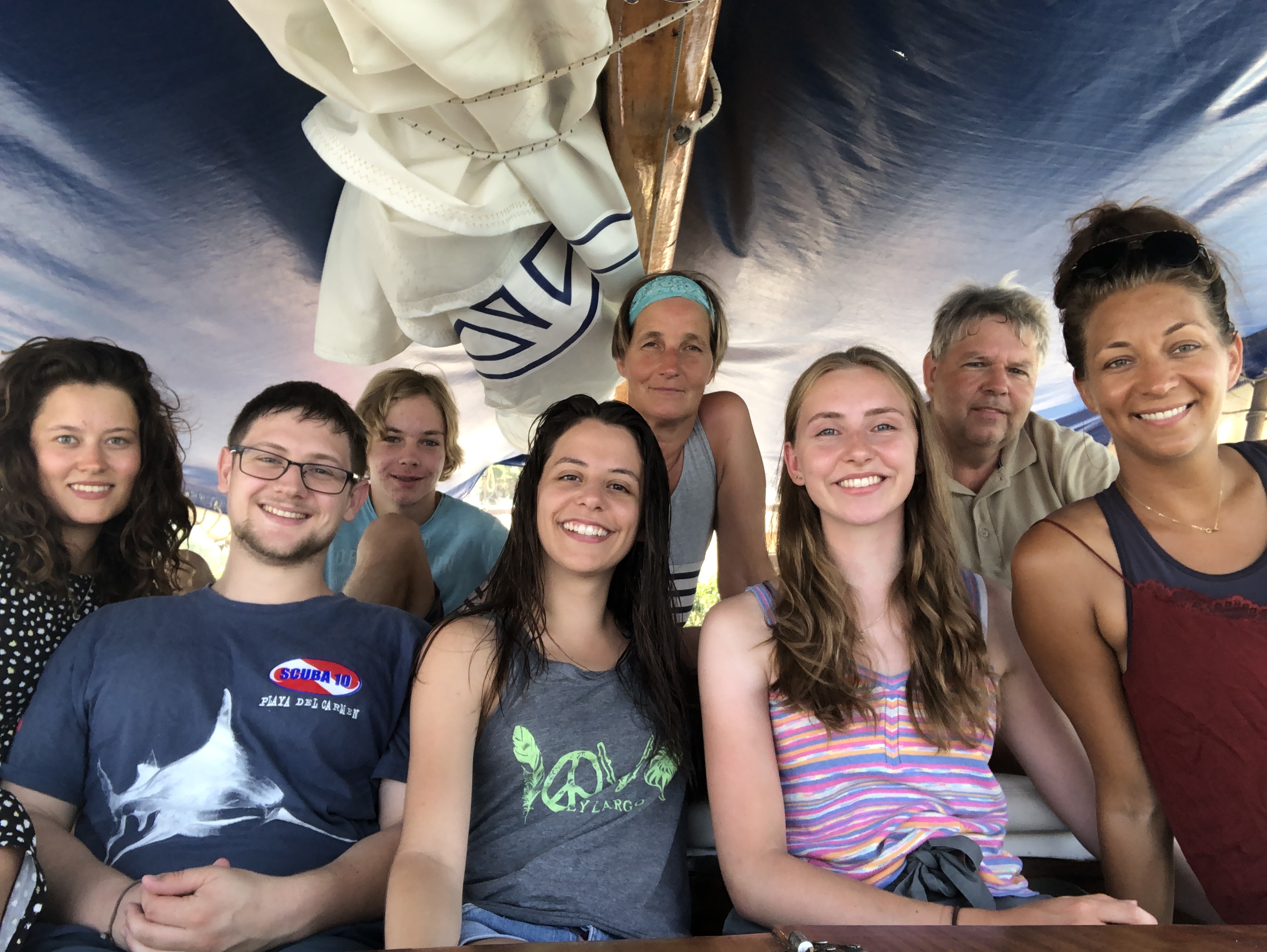
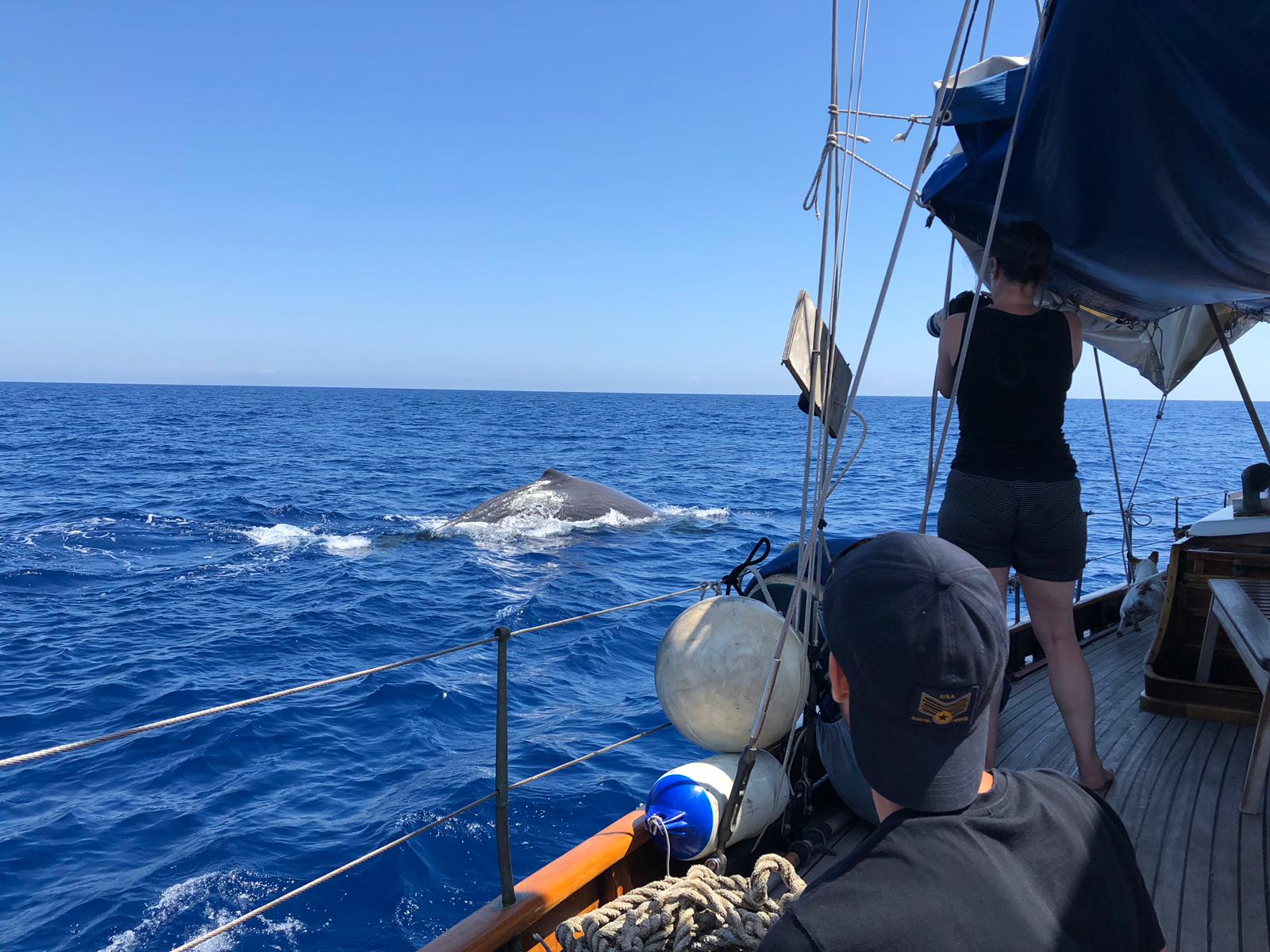
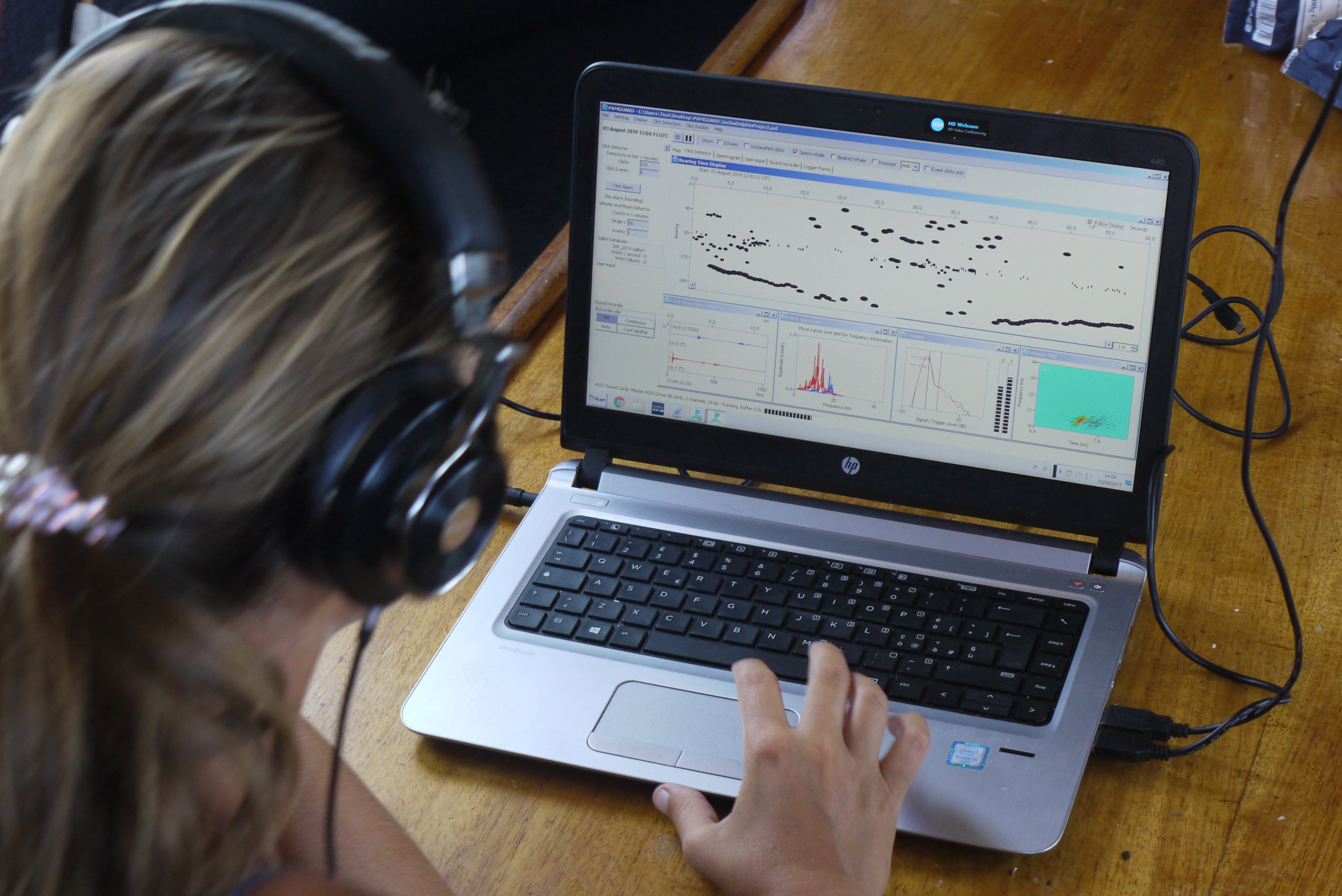
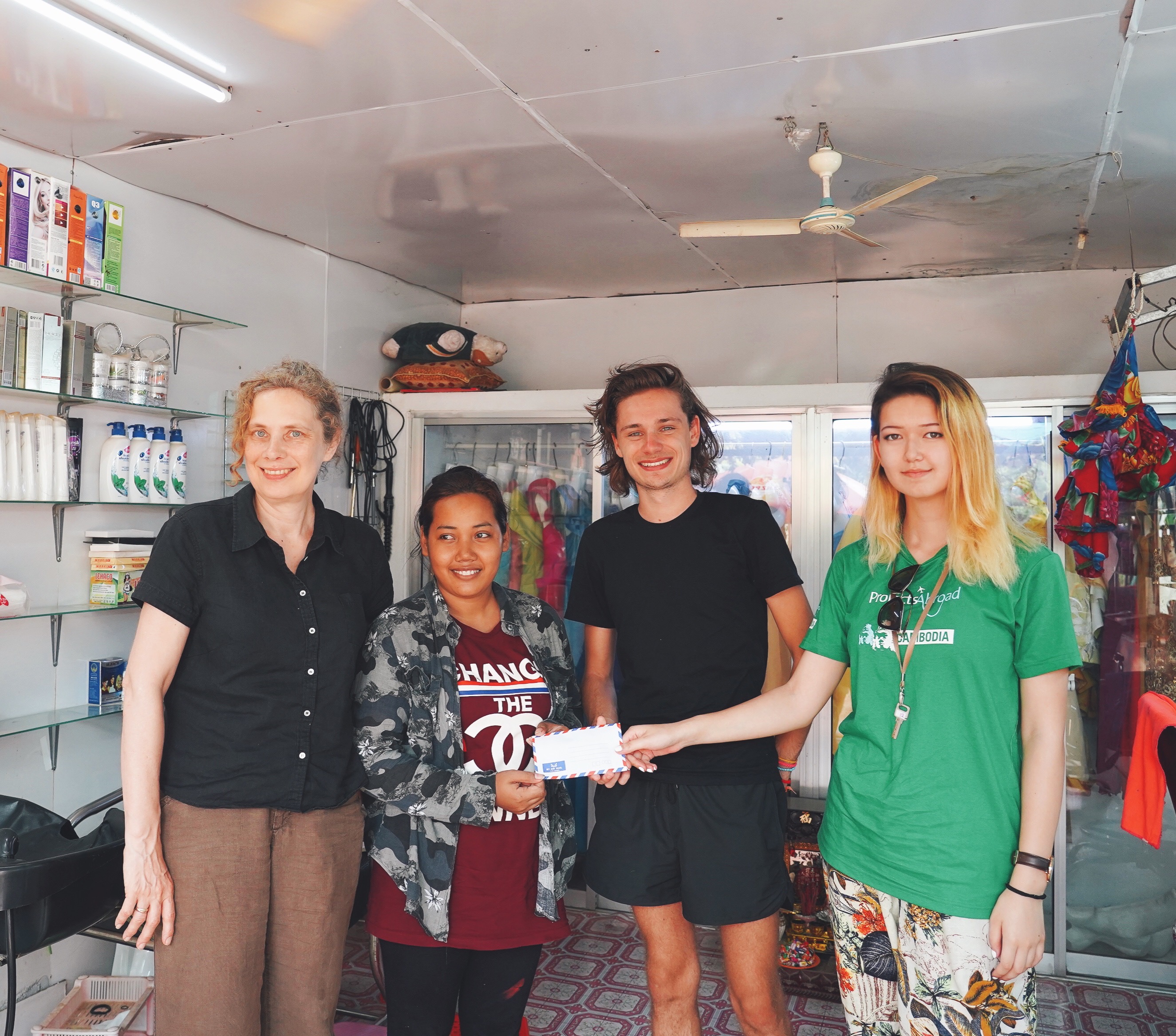
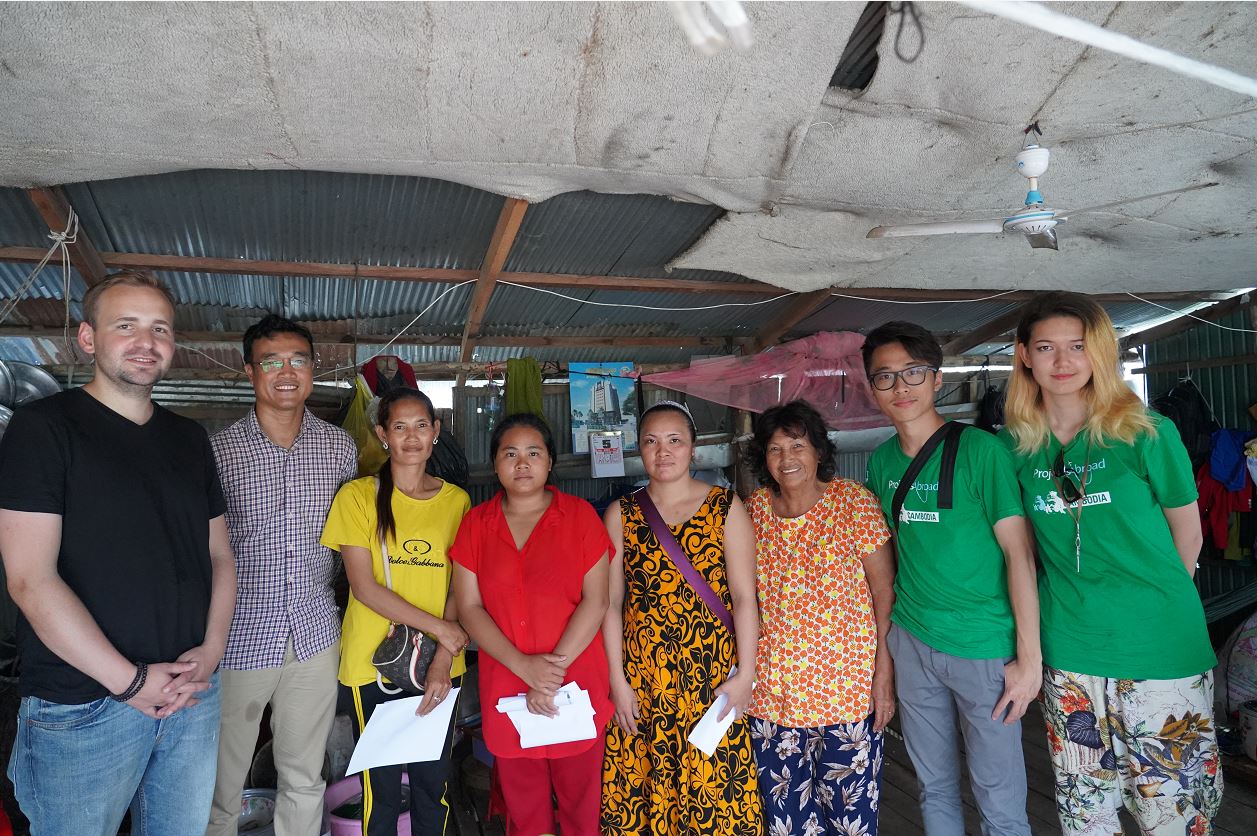
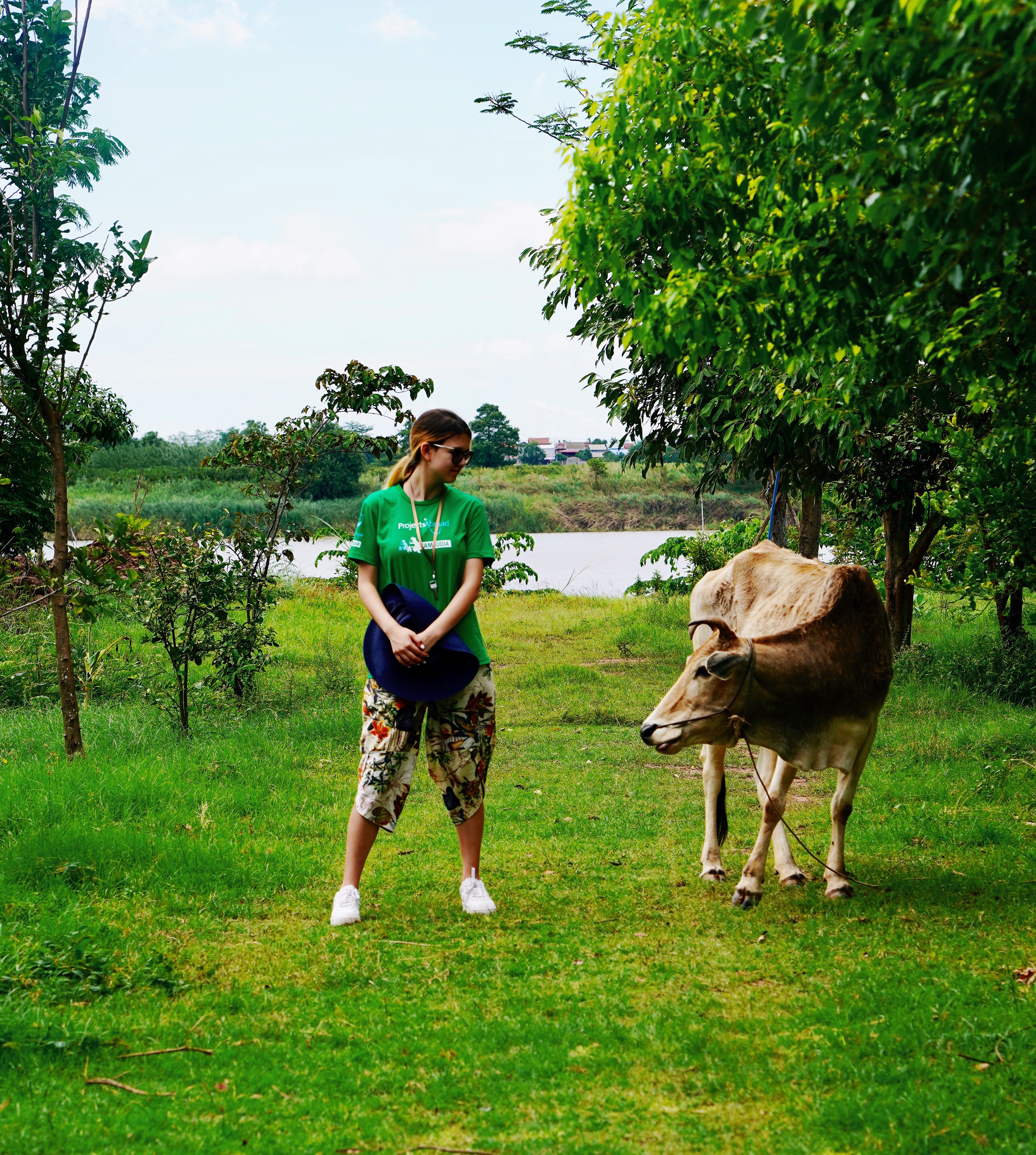
Katia: My project was based around a subject that is very important to me: microfinance. This is the provision of small loans to independent business owners who for various reasons do not have access to the services of regular banks. Along with my friend and fellow sixth former (and fellow ‘fellow’!) Daniel, we went to work with a company called Projects Abroad and joined their microfinance team. We went into slums surrounding Phnom Penh and interviewed small business owners to decide whether they were good recipients of zero-interest loans from the available fund. We also provided basic accounting trading so they could keep their books correctly, which was especially important for those business owners who were illiterate, as we used picture-based resources and aids to make the whole process viable for them.This experience was extremely meaningful, it both gave me hope and showed me the scale of the problem of poverty at the same time. We couldn’t help everyone, because there simply wasn’t the level of funding available, but we did get to see how even a relatively small amount of money – fairly loaned, not given – could make all the difference in letting a business flourish. It was clear to see that this is something that literally changes lives for the better.
Daniel: Before going to Cambodia, Katia and I organised a fundraiser event at the Summer Festival, running a stall for making DIY bags. We raised 3000 RMB, which we used to buy supporting materials for the loan beneficiaries in Cambodia. The entire experience was eye-opener for sure. Growing up in such a privileged environment means you are not fully prepared to see the first-hand effects of genuine poverty. Seeing families struggling to maintain basic necessities and lacking very small amounts of additional money to start their proposed business made me realised the vast gulf between us, and showed me the importance of acknowledging this imbalance and trying to do something about it.The reason I think this kind of work is vital is that we weren’t just giving out money; we helped the successful loan applicants create business plans, conduct basic accounting, learn how to self-market, and to prepare the groundwork for expansion and upscaling. We were trying to give people the money to get the business up and running, and the intellectual tools to sustain and grow it. With these things, even a loan of US200 dollars becomes a lifechanging amount.
2020-2021 IB Fellows
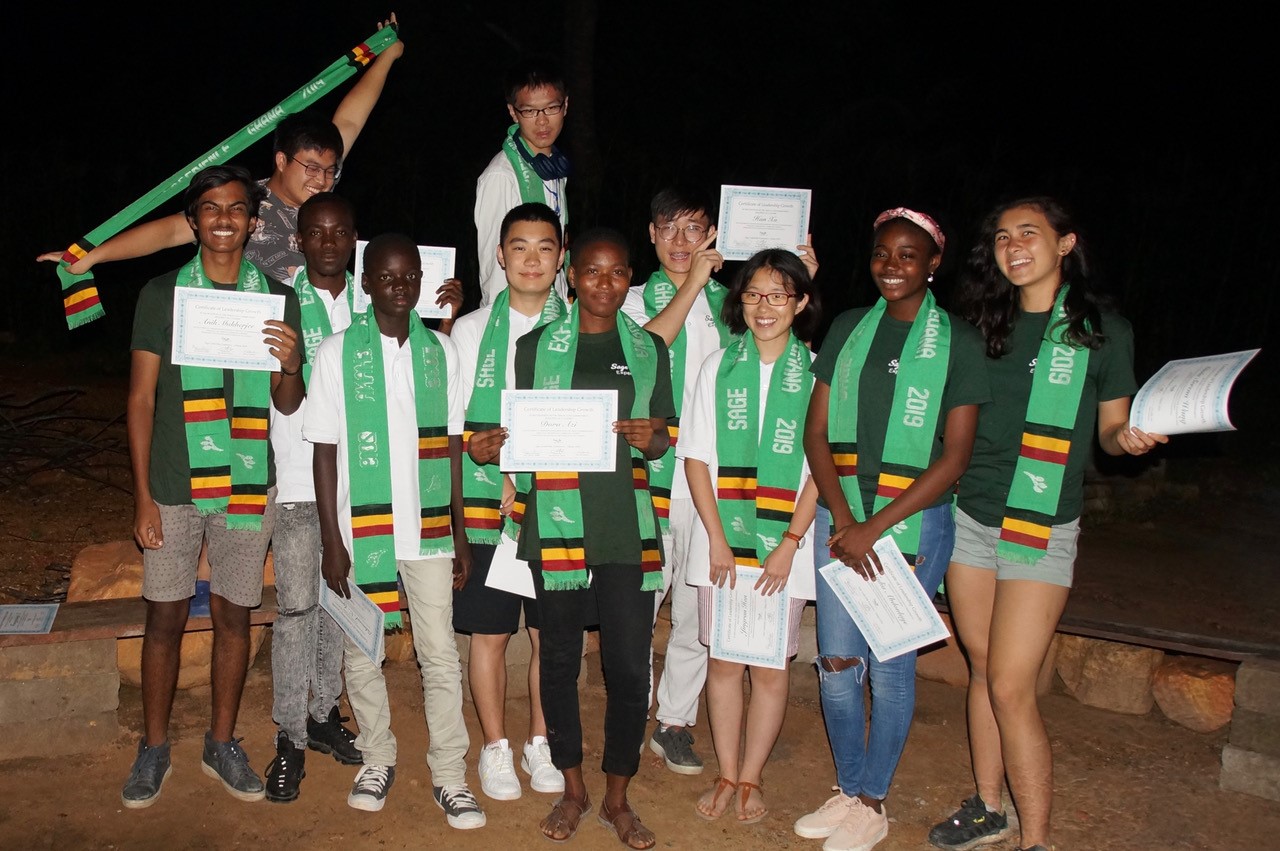
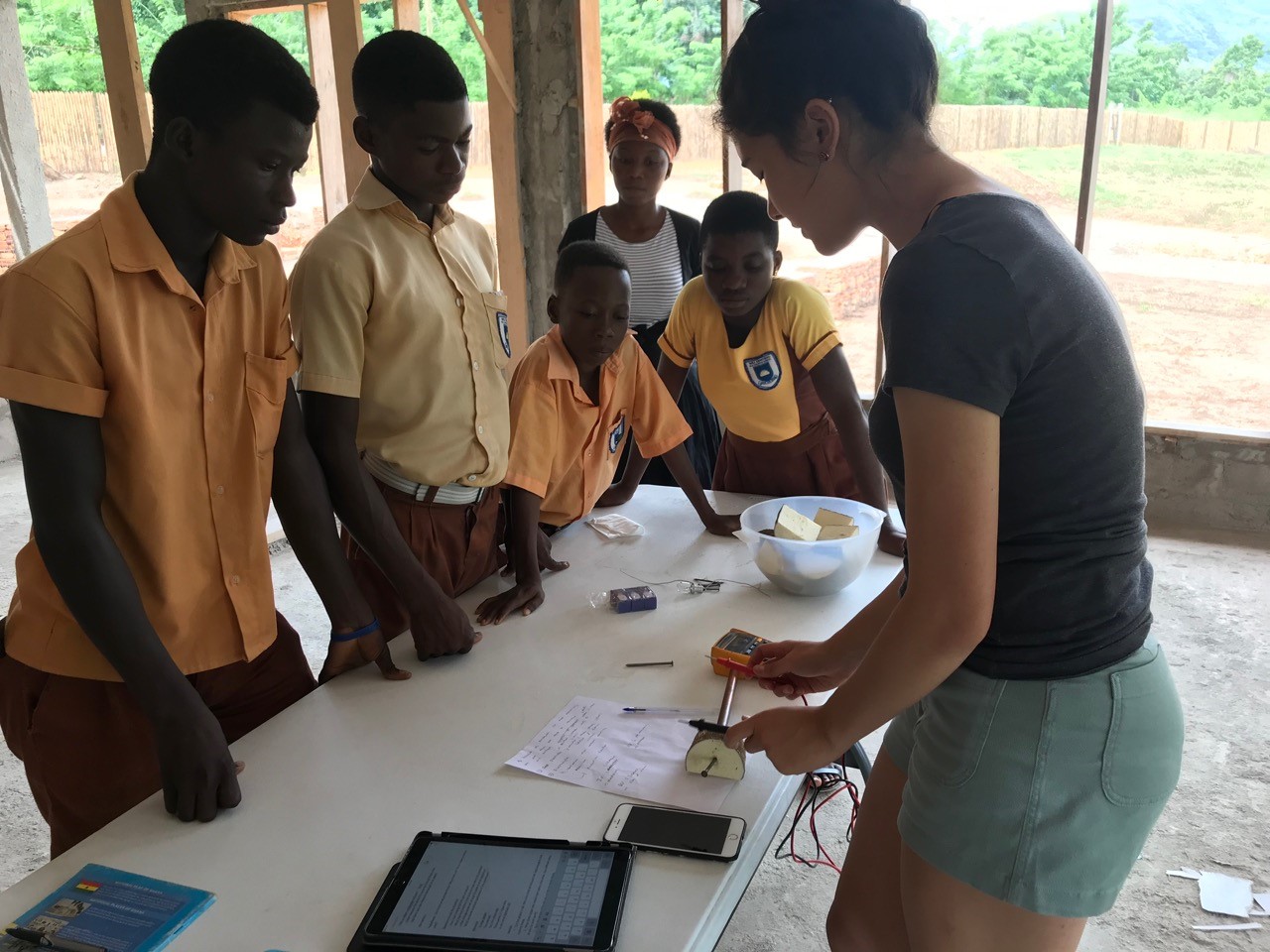
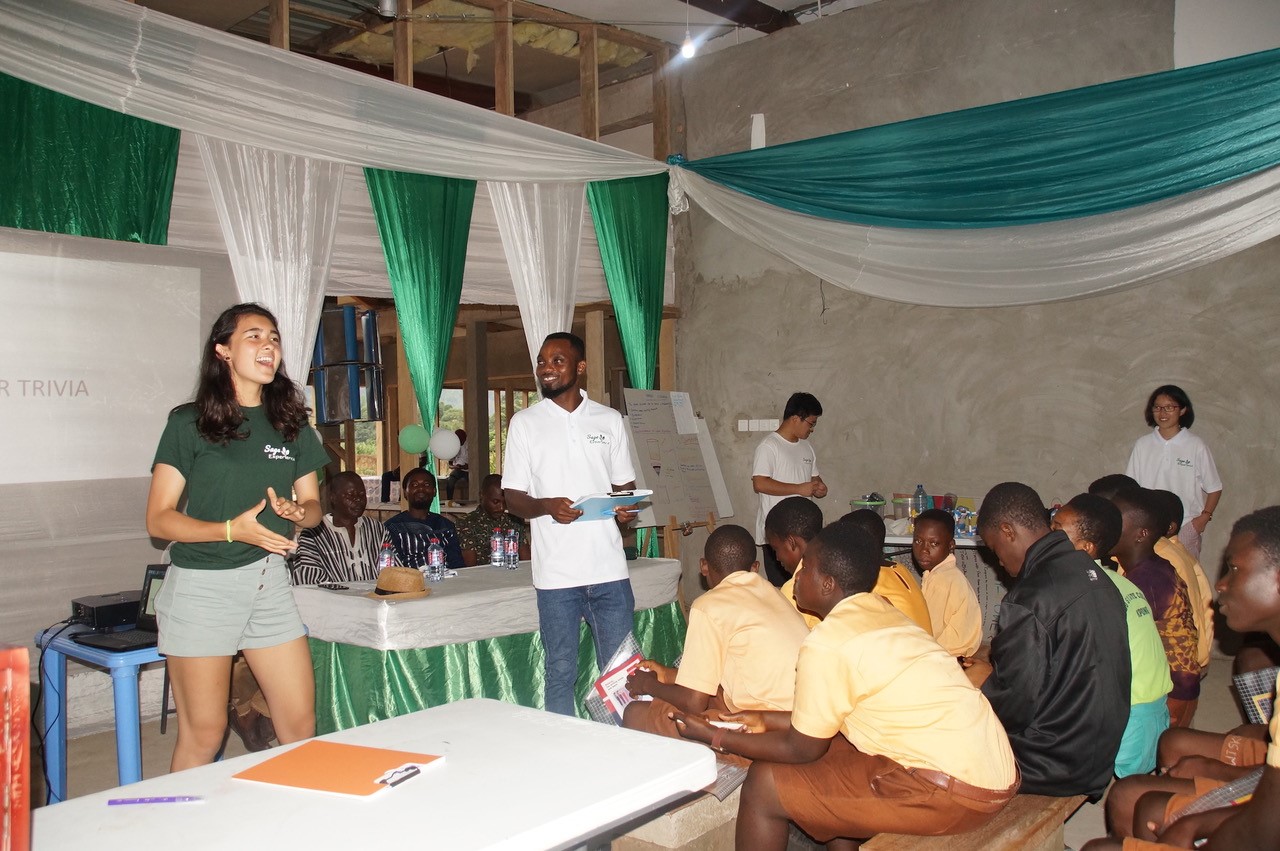
Serena: I will be partnering with an NGO called Sage to plan, organise and create a four-day creativity thinking programme in Ghana to teach local youths in a village to implement creative problem-solving in their everyday lives. I have always been very interested in China-Africa relations, specifically their political and economic ties. I previously attended a leadership conference in Ghana in the same village with the same NGO and I realised that I loved the people and community there, so I wanted to support the amazing work they have been doing there.
Isabella: Helen and I are partnering with an NGO to go to Cape Town, South Africa to help underprivileged locals set up businesses and subsequently improve their quality of life. We will be tutoring them on basic elements of structuring and planning to put their business together, as well as providing guidance on how to keep them successful and sustainable in the long term. We chose South Africa because we wanted to go and experience a place that is totally different to the surroundings and environment of our own upbringing, to better understand the differences and similarities people face in their daily lives as they try to better their circumstances and follow their life goals.
Helen: We will be in Cape Town for two weeks, holding daily meetings and business strategy sessions with the local businesspeople. At the end of the fortnight, we will hold a big event to help advertise the businesses that they have created and put them on the map. We feel a great sense of responsibility to take the opportunities and resources available to us and use them to help create a better and fairer global society, something that can start even with something small.
Related Articles

